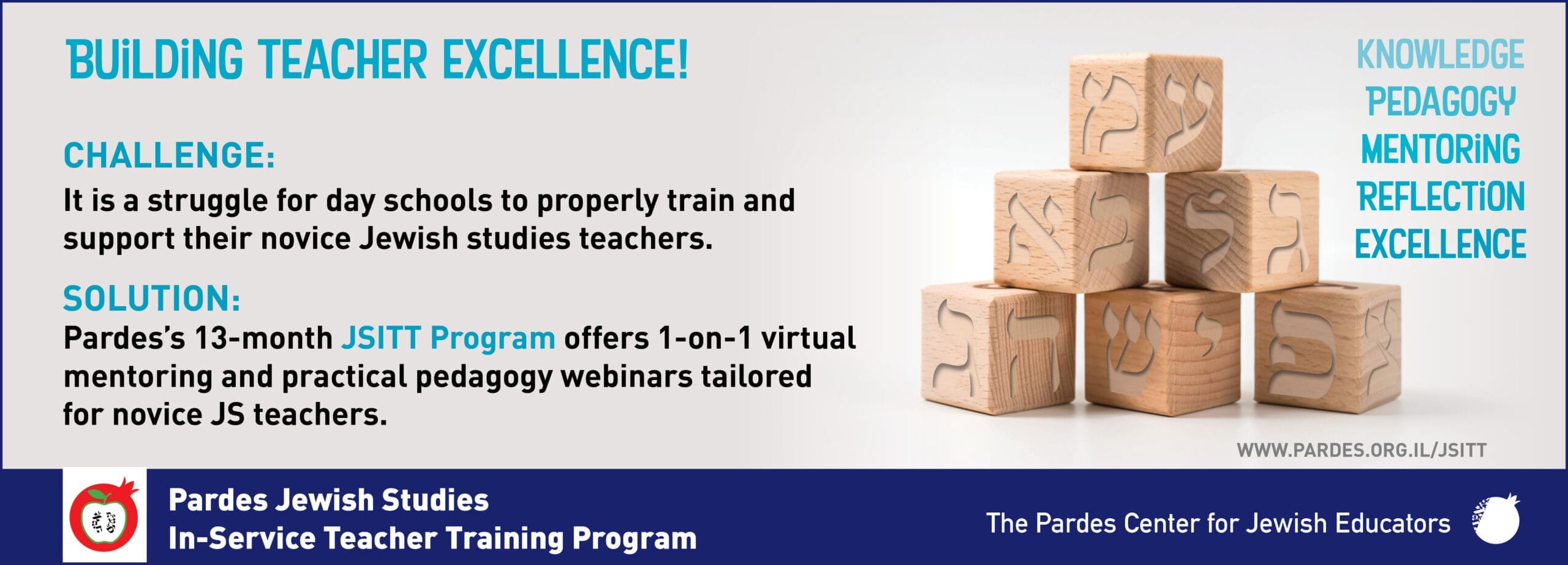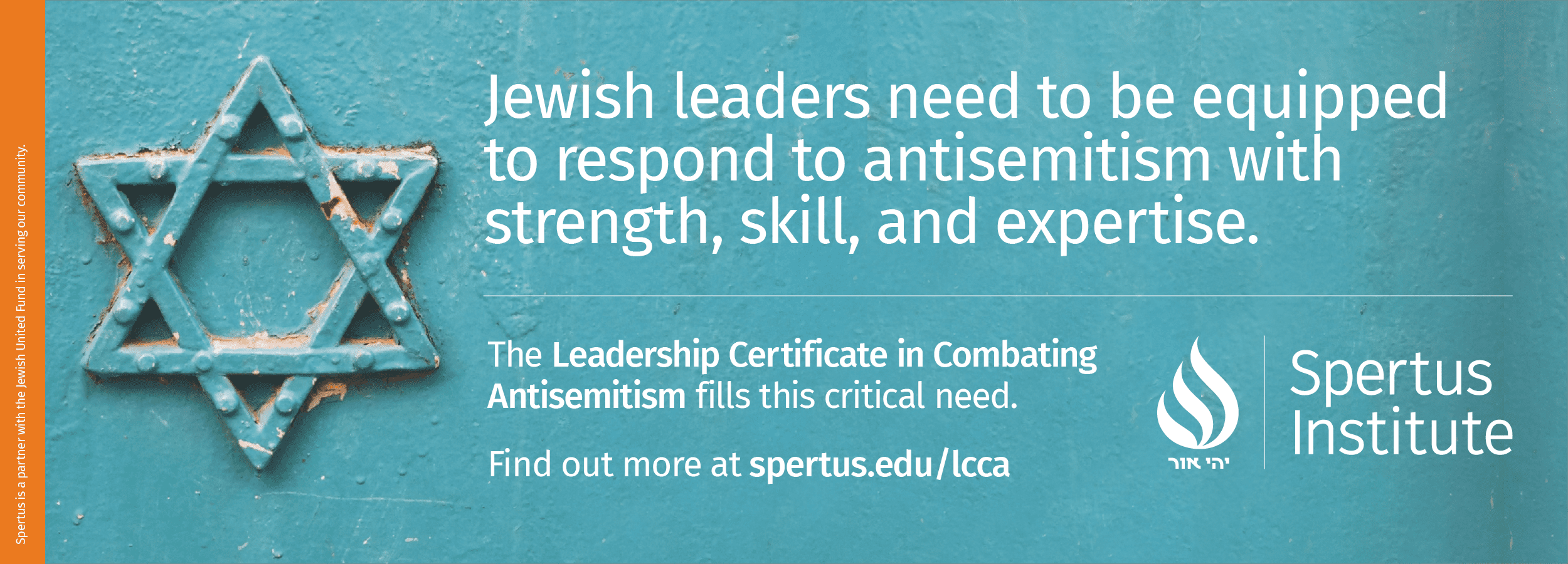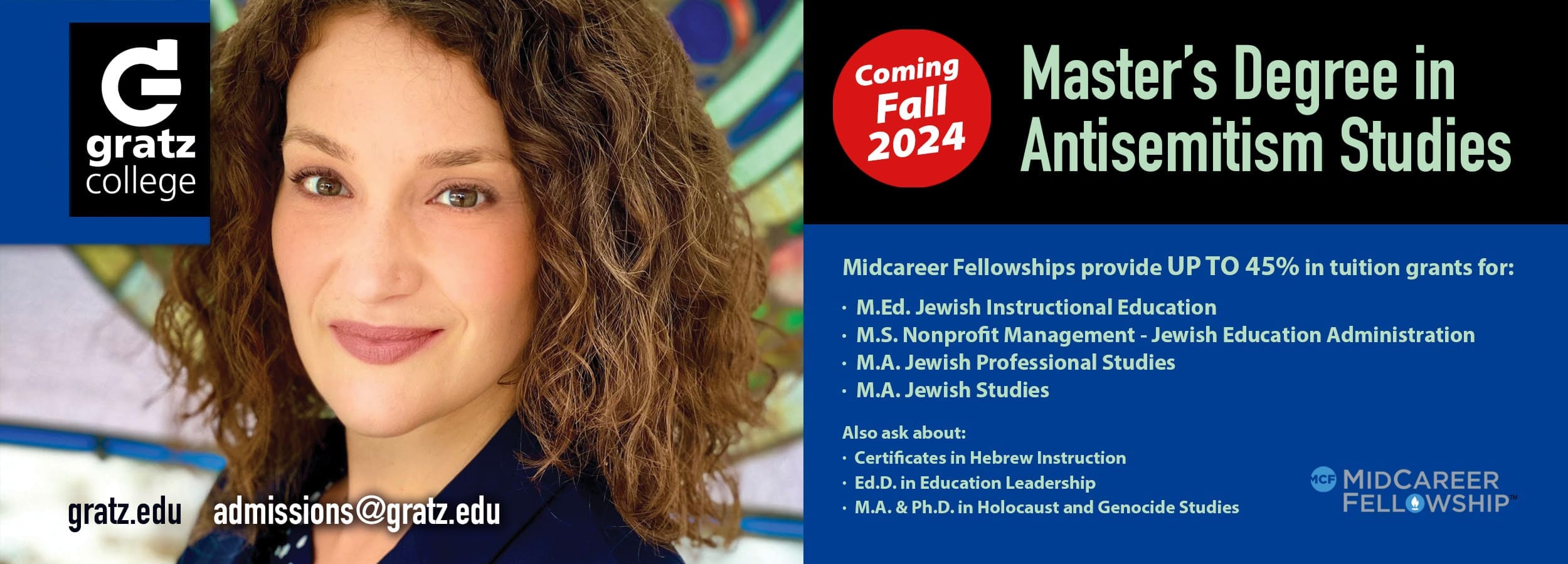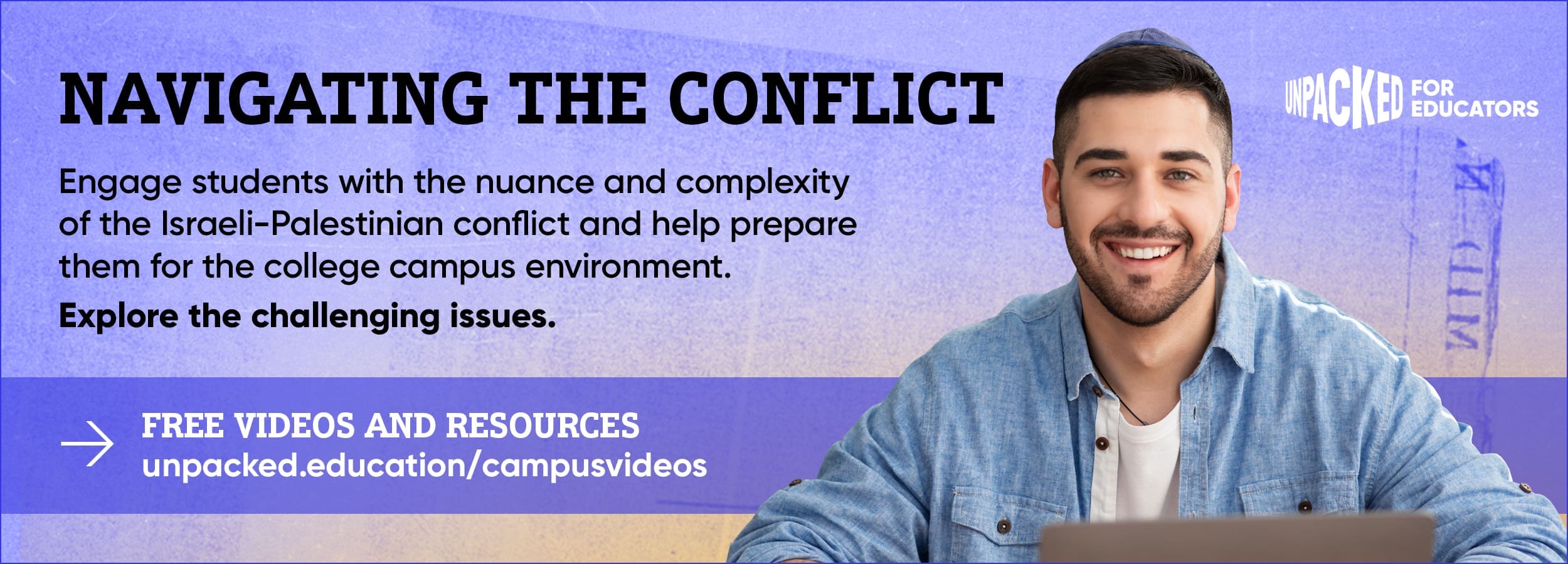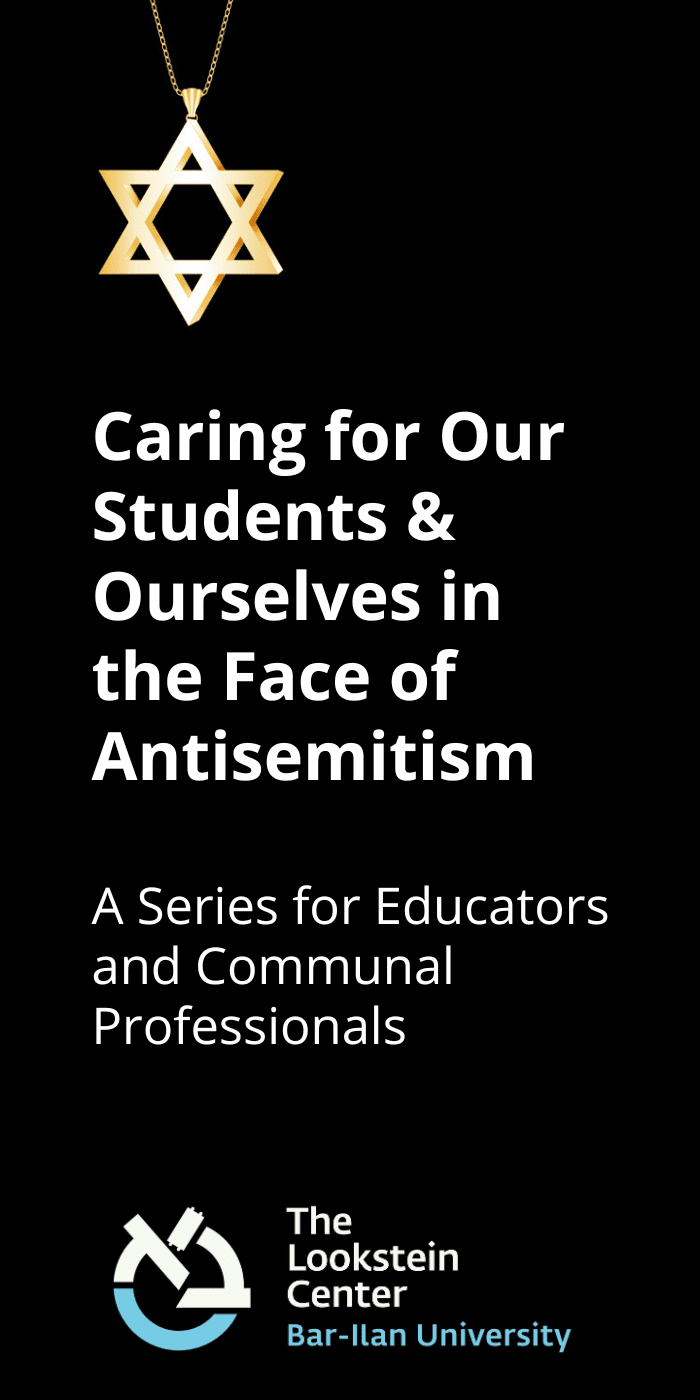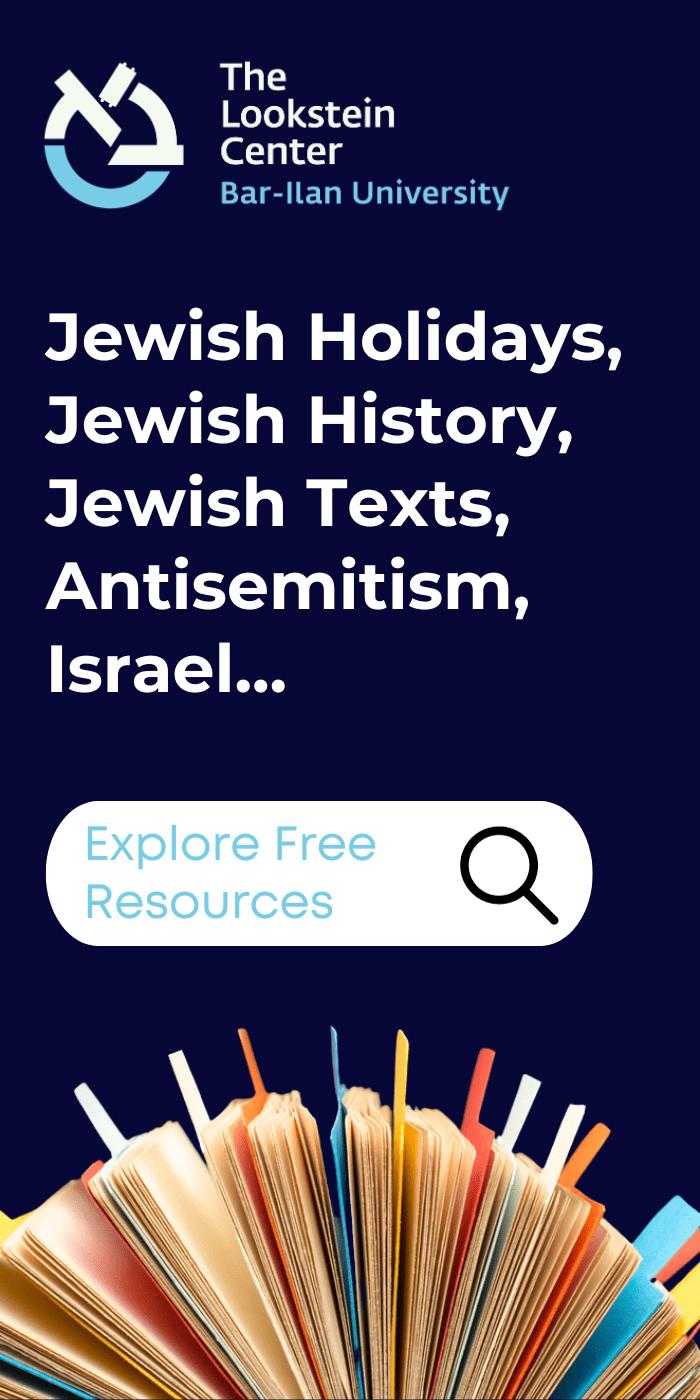The Crisis of Identity in an Antisemitic Environment 📄
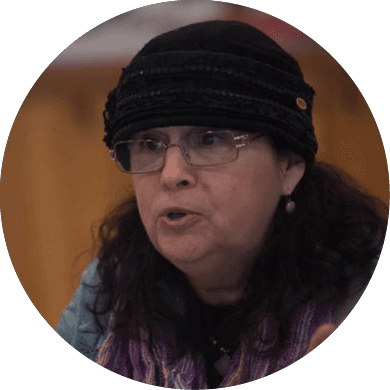
A young man from a Modern Orthodox Jewish home in a Northeastern community with a sizable Jewish population lives in the western part of the United States outside of any such community. He has blond hair and green eyes, slight muscular build, and is in his twenties. People who see him occasionally greet him with the statement, “You look like a great Aryan.” At other times, he confronts antisemitic remarks if anyone thinks he may be Jewish (due in part to his name). He has also been negatively impacted by his experiences in a well-known university with a sizable Jewish privileged population, where he witnessed accepted blatant racism and prejudice towards people of color and various ethnicities, causing him to feel alienated from his own American Jewish peers as he advocated for other groups being maligned. He is frustrated, disillusioned, and reluctant to identify with any specific grouping for any reason. He finds his comfort in a group of equally disillusioned friends and peers who identify with each other more than any nationality, ideology, religious tradition or ethnicity, while representing all of these groupings. He is most certainly not alone.
The rise in antisemitism is not occurring in a vacuum; it is part of a rising tide of prejudicial rhetoric against all affinity groups including those based on race and sexual identity. One particular feature of contemporary bigotry is the complicating factor of intersectionality, the interconnectedness of aspects of identity such as race, class, and gender. In this climate, any distinguishing identity can cause the individual to be disqualified from other group affiliations as well. For example, any level of loyalty to Israel is summarily cast as immoral support for the oppressor, disqualifying the individual from groups working toward social justice. In one recent case, at an international conference for the LGBTQ+ Jewishly participants were physically and verbally attacked as being “oppressors.” Similar reports have been shared from those attending Black Lives Matter events and other gatherings dedicated to a range of social justice activities. Intersectionality divides people into one of two categories—the oppressed and the oppressors—with no room for nuance or complexity.
The negative experiences of young Jews can generate discomfort with and alienation from their Judaism. As one disenfranchised 20-something put it, “I care about all people and if Judaism cannot show me that this perspective is supported, it has no place in my life.”
What role can we, as educators, play in this unfolding drama?
First, the members of the Jewish community must be taught that by any metric, Judaism is about social justice, inclusion, respect for the other, and ensuring the safety and well-being of all. The texts we study, the writings we engage, and the conversations we have can reinforce this core understanding—that their Jewish identity is not inconsistent with the values they hold dear. Back to our young man. He may not be “observing” in the conventional sense of the word, but when he learns about shemita (the Sabbatical year) and its teachings about the land, social justice, returning the sense of dignity to individuals by forgiving debts, he gains a greater appreciation of Judaism’s meaningfulness in his life, regardless of whether he shares this with other members of his affinity group or whether they accept his position.
Second, it is valuable to highlight the contemporary efforts of Jews in a multiplicity of social justice areas. These can include Jewish historical involvement in the early labor movement and Jewish participation in the civil rights movement, but also more recent initiatives. There are initiatives to feed the hungry, both in North America (Mazon) and in underprivileged countries in South America and Africa (AJWS), Jewish environmentalists (Hazon, Arava Institute for Environmental Studies), Jewish sustainability entrepreneurs (Yosef Abramowitz), interfaith dialogue, immigrant assistance (HIAS), and the many efforts that bring young people together across lines of observance, religious belief, ethnicities, race, and every other identity marker. Add to these the organizations and initiatives based in Israel to bring energy to African villages, water to parched lands, aid to disaster struck areas, and so much more.
Third, a sense of Jewish history is essential for young Jews to understand—and to help others understand—that the core experience of Jews for the past two thousand years, including much of the existence of the modern State of Israel, has been one of powerlessness, dependence, and vulnerability in the face of existential threats. That historical knowledge and core message are critical for preserving Jewish identity and pride, and provide the basis for being able to recognize the distinction between legitimate critique of Israel and anti-Zionism as well as the dangerous conflation of anti-Israel sentiments with antisemitism.
Fourth, we can provide our youth and young adults with tools to question, engage in honest discourse with others with whom they will not agree, find and consult accurate resources, learn their history and collective backstory, all as part of reclaiming their identity. One model for fostering civil conversations is provided by Krista Tippett. Within this process, if we all participate in this reboot of the social justice aspect of Judaism so central to our traditions, we can hopefully work together to heal the rift that has threatened our well-being. As we program, teach, and share, we simultaneously have the challenge of acknowledging the “world out there and its messages” and responding through choosing the focus of our work to respond to the needs and very important causes which our younger adults hold dear.
By engendering interest in acquiring the tools for learning and using our very available resources in accessing these teachings, those whom we hope will take on the reins of leadership in our Jewish community will be bolstered in their understanding of Judaism for its positive teachings, so related to their interests and causes. Development of strong, clear identity, resulting from a supportive background, shared messaging from different target groups, and understanding where one stands in our complex and complicated world should be the experience of our 20-somethings, 30-somethings, and younger individuals.
A Jewish professional 30-something woman who also comes from a religious Jewish home is asked about her identity. She responds:
I live in a progressive, often queer, often multi-racial, Jewish community where we are dealing with such intense political and social unrest and have become deeply committed to the vision of a progressive, multi-racial democracy in the United States, our home, where we live. In this reality, my read on the tension between progressive Jewish engagement and perspectives on Israel is that a lot of younger progressive Jews feel much more committed to making our diasporic American context better and more just. This is our home…on top of that many of those people would say that one strategy to fight antisemitism is to be aligned with other fighting for the same multi-racial U.S. democracy that Jews need in order to survive and thrive.
This quote is provided by someone who is successful in their career, doing this type of community Jewish work, and with a good sense of what the challenges are. The answer embedded in her words is to acknowledge the larger context of anti-any group messaging and to join ranks with all who are impacted, thus creating coalitions and hopefully instilling pride in individual identities as well.
While Jewish identity per se may too often not be on the table for those addressing the basic issues of survival, economic inequity, and so much else that plagues our reality today, it is so clear to all of us that it can and should be. What if we were to collectively enter this increasing chasm and follow our Jewish professional’s advice articulated here? While recognizing the reality that confronts us all and the conflation of antisemitism with so many other dynamics that threaten us all, we can focus on what we need to internally learn and advocate for so that the external messages do not continue to derail and compromise. Through shared emphasis on this focus, we open ourselves up collectively to recommit ourselves to the very issues that concern young Jews, to learn from them, and to reconfirm for them that this is indeed part of our history and heritage.



Reach 10,000 Jewish educational professionals. Advertise in the upcoming issue of Jewish Educational Leadership.
Do you want to write for Jewish Educational Leadership? See the Call for Papers for the upcoming issue.
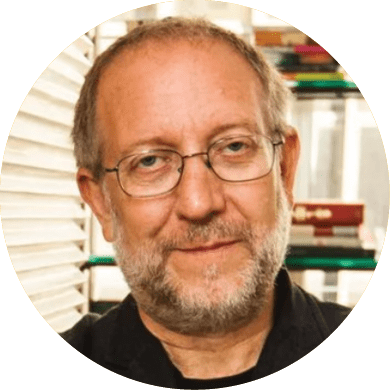

Understanding the New Antisemitism with Yossi Klein Halevi – 2024 Update 📄🎬
I think we’re experiencing a phenomenon that we can call massacre denial or massacre trivialization. And I don’t like Holocaust comparisons to Israel’s situation. But in one way I do believe that a Holocaust analogy is legitimate and that is in in how the historicity of October 7th is being treated and the uniqueness of October 7th. What makes October 7th unique is that it was not a pogrom, these were premeditated atrocities. And the purpose of the atrocities, was to instill terror. So what is happening to the memory of October 7th, the understanding of what October 7th was, is very similar to what Holocaust memory has been subjected to in large parts of the world.
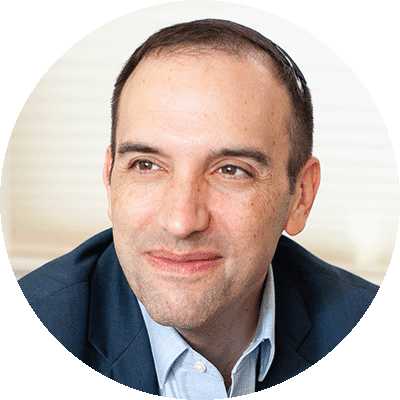

From Fear to Resilience – 2024 🎬
The whole world has changed. I feel like we’re at a historic moment for the Jewish people. This is one of the major, major dividers within the Jewish world today. Those who have never really known Jewish vulnerability and those who know it and feel a deep in their kishkes. And I think that divide has been kind of blown up right now. We’ve known through the statistics that antisemitism has been on the rise for the last many years. And I think Pittsburgh, Tree of Life, really changed in some ways the American Jewish condition. It kind of woke us up to the fact that it can happen here.
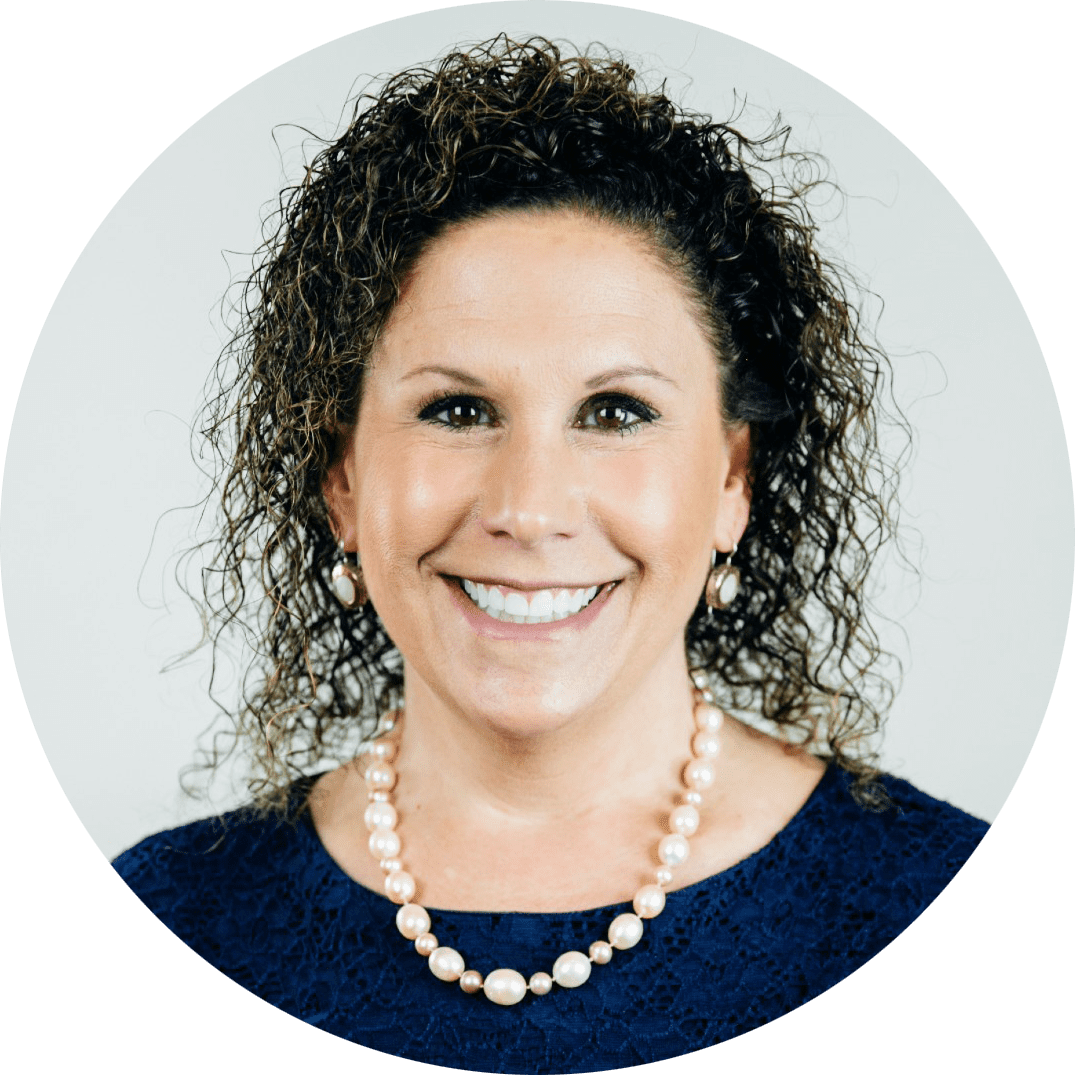

Building Jewish Strength – 2024 🎬
I think among the things that are concerning for me is that the people that I work with, and I’m in a Reform congregation, we’re a very large community with a lot of diversity within that community. I think that what is particularly concerning to me is that our people are so caught off guard and surprised. That all of the sudden in 2023, all of the sudden it’s as if there wasn’t antisemitism before October 7th. We either had our heads in the sand or we were just kind of in a position of not really acknowledging the extent to which antisemitism is still a part of the human existence. I won’t say the Jewish existence because I think antisemitism and anti- antisemitism is more than a Jewish concern.
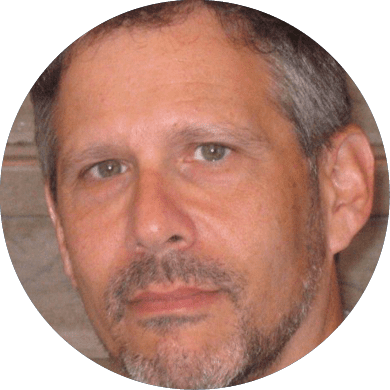

Confronting the Campus Crisis – 2024 update 📄🎬
I think what we’re seeing now is a globalization of antisemitism and it’s become a mass movement in the name of anti-Israel activism, in the name of anti-Zionism, which is not to say that anti-Zionism automatically equals antisemitism, but the way that anti-Zionism is expressed particularly now, is in an antisemitic way. One example, for instance, maybe you would a draw a Venn diagram and you would have a big circle and that big circle says criticism of Israel. Then you have another circle, which is antisemitism, and then you have a bit of an overlap. And the overlap seems to have increased recently. Why that is, is because Hamas is in itself an antisemitic organization.
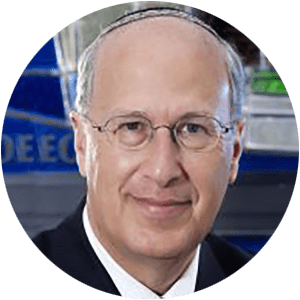

Antisemitism, Debating a Lie – 2024 🎬
The most concerning thing I find about the uptick in antisemitism is the lack of knowledge on the part of Jewish students and others about the real history of the situation. The kids don’t know how to have a cogent debate. They don’t have the knowledge. They don’t have the history to truly stand up and speak truth to lies. And that actually is the most disturbing thing. If there’s violence, it’s obviously extremely disturbing. But I’m not as worried about that as the long term issues, both on college campuses and now on high school campuses, where the lack of knowledge and the level of ignorance is so profound that I think we are in a strategically dangerous spot with our youth who don’t know.
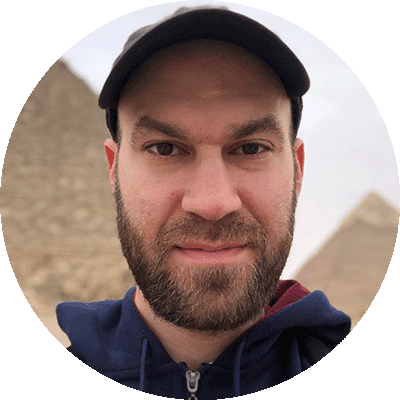

Seeing Antisemitism Clearly – 2024 🎬
The time when my thinking on antisemitism changed the most in the last five years was actually 2021, not now. In 2021, we had a similar situation on a smaller scale to what we have now, which is Israel and Hamas fighting and violence against Jews outside Israel. Hate crimes, attacks both at protests but also just on the street. And the thing that changed my thinking the most was not fighting in Israel and was not even those attacks. But it was how the reaction to those attacks from people who are most likely to stand up for minority groups who are being subjected to racism or prejudice was anything ranging from apathy to justifying or contextualizing the violence.
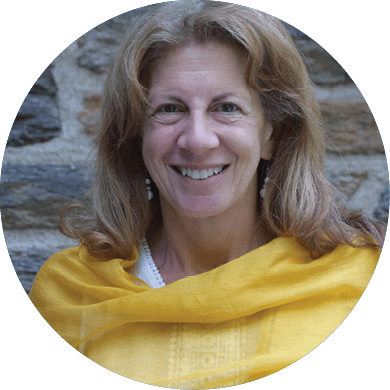

Antisemitism – So Close to Home – 2024 Update 📄🎬
I appreciate the opportunity, unfortunately, to revisit the question of antisemitism and the Jewish day school landscape. And it was almost like looking back at an innocent time to think about the Pittsburgh experience, which is what I wrote about, the proximity of my experience to the three congregations that were massacred in the Tree of Life building. At that time I definitely had it in the context of, well, I’m not surprised. I’m a child of Holocaust survivors. This is going to happen periodically. The big difference was the feeling that the world and the communities and the rational universe were very empathetic and sympathetic to what happened to the Jews in our community.
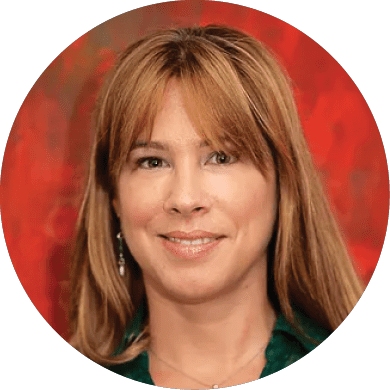

Antisemitism and Identity – 2024 Update 📄🎬
So the question was, in the last two years, has your thinking on antisemitism changed? And the answer is very straightforward. My thinking has not changed whatsoever. I knew that antisemitism is an issue, even though people around me have been minimizing and denying it and now it’s just out. It’s clear that there is bias even among people who are not necessarily antisemitic. It seems like there is a radicalization among younger people. I’m wondering to what extent education has to do with it. I got my Ph.D. here and I’ve seen the environment. There seems to be also a lot of misinformation at least on the school campuses or university campuses.


Caring for Our Students & Ourselves in the Face of Antisemitism🎬
Jewish educators are dealing with antisemitism on two levels. We are dealing with our own shock, fear, anger, and uncertainty. And at the same time, we need to be able to address antisemitism in our classrooms, camps, or youth groups. We need to help our students feel safe and supported, and we need to make sure they have some tools in their arsenal to rely upon. While there are so many questions, many without answers, there are some things that we can do right now to help our students feel safe and supported. This series of videos from The Lookstein Center at Bar-Ilan aims to give educators tools for helping our students through these troubling times.
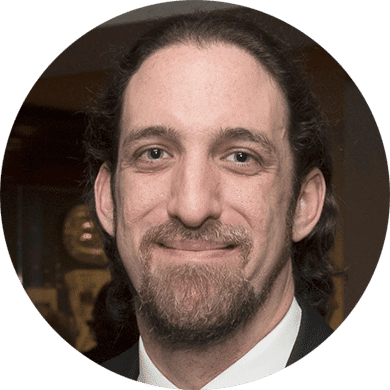

Antisemitism is Systemic, and Yet Deeply Personal – 2024 Update 📄
In the United States and across the globe, there is an all-out assault on Jews arising from the political left, political right, and seemingly everywhere in between. From virulent and overt violence to the dog whistles of antisemitic tropes, one can see antisemitism alive and growing in almost every facet of life. In a survey conducted by ADL, over 1 billion out of 4 billion people surveyed across the world harbor antisemitic attitudes. That is over 25%. As the Program Manager for Echoes & Reflections, my career is focused on helping secondary educators effectively and responsibly teach about the Holocaust and contemporary antisemitism.
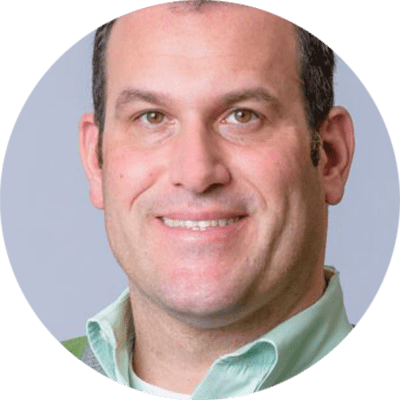

Insights From College Guidance in the Wake of October 7th – 2024 📄
I have been privileged to work at SAR High School since 2007, assisting many hundreds of graduates with the college admission process. It has been a true labor of love, helping a student discover the institution that could be their perfect match for four transformative and memorable years. Front and center in the admission process has always been a student’s growth as a Modern Orthodox Jew, with considerations like kosher food, daily minyanim, Hebrew language and Jewish studies departments, Torah learning opportunities, and Israel advocacy coming into play as much as academics and student life.
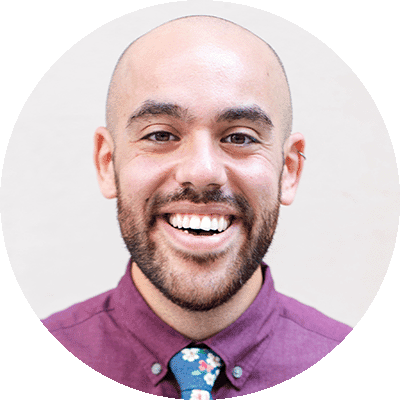

Reflections on College Guidance after October 7th – 2004 📄
This all happened at a very interesting time in the college application cycle. When the war started and we started seeing anti-Israel and antisemitic activity happening across the country, our immediate thought in the Milken college admissions office went to students applying early decision to schools, because that’s a binding contract—if you’re admitted, you have to attend. October 7th was a month before early decision, early applications were due, and we had to do triage for those students. For students who were not applying early decision the timing wasn’t as critical.


